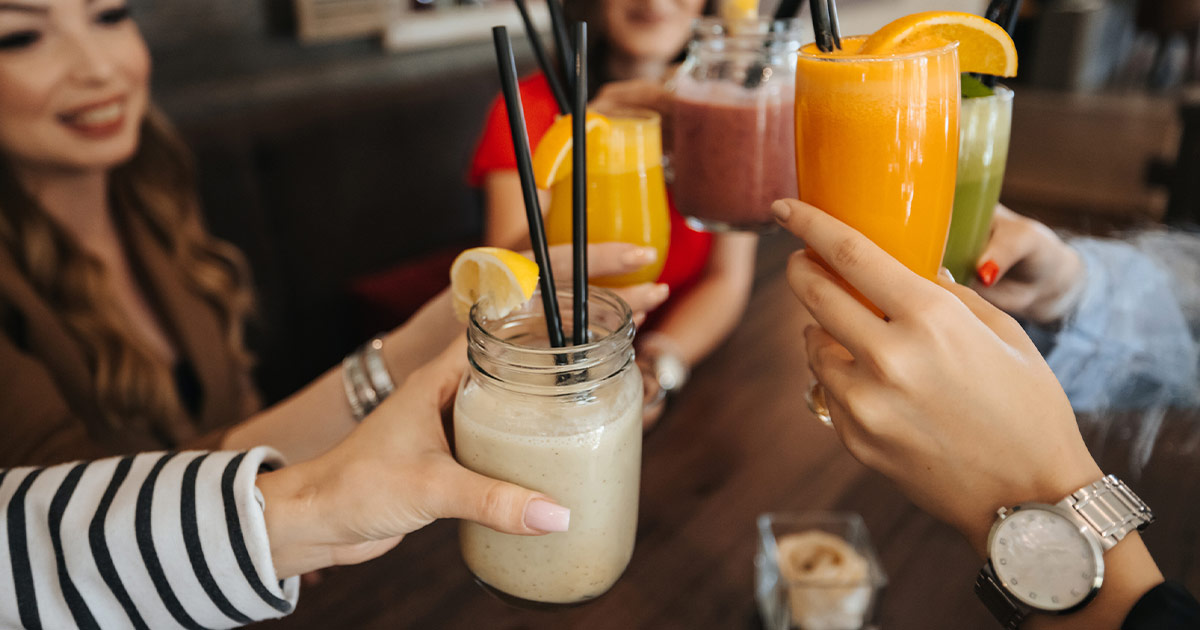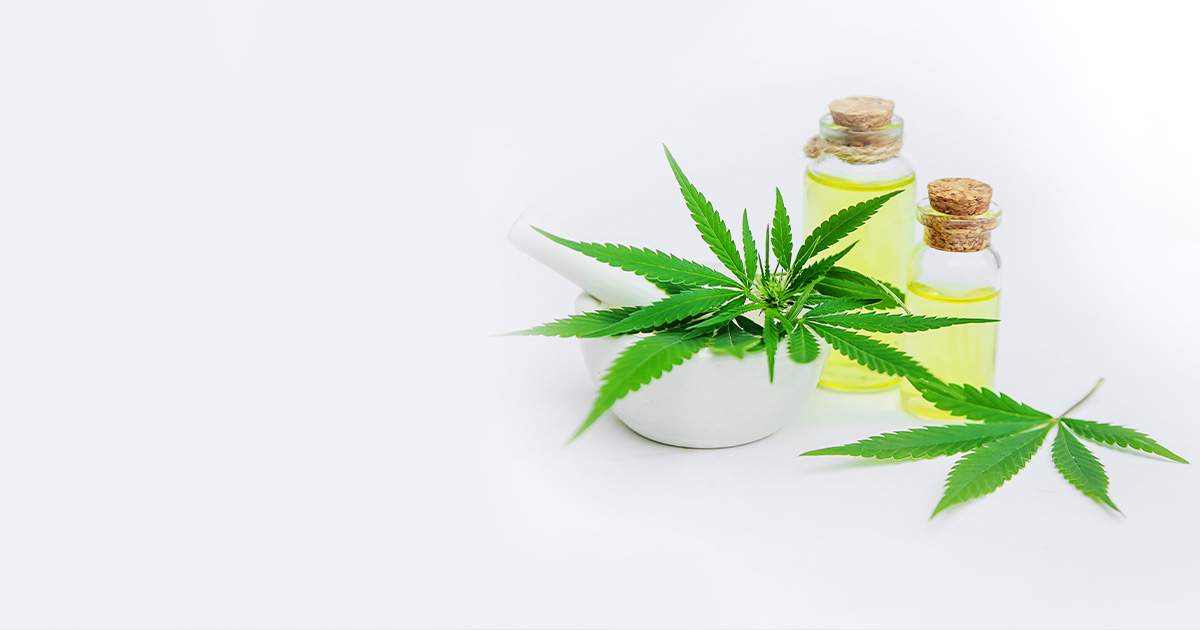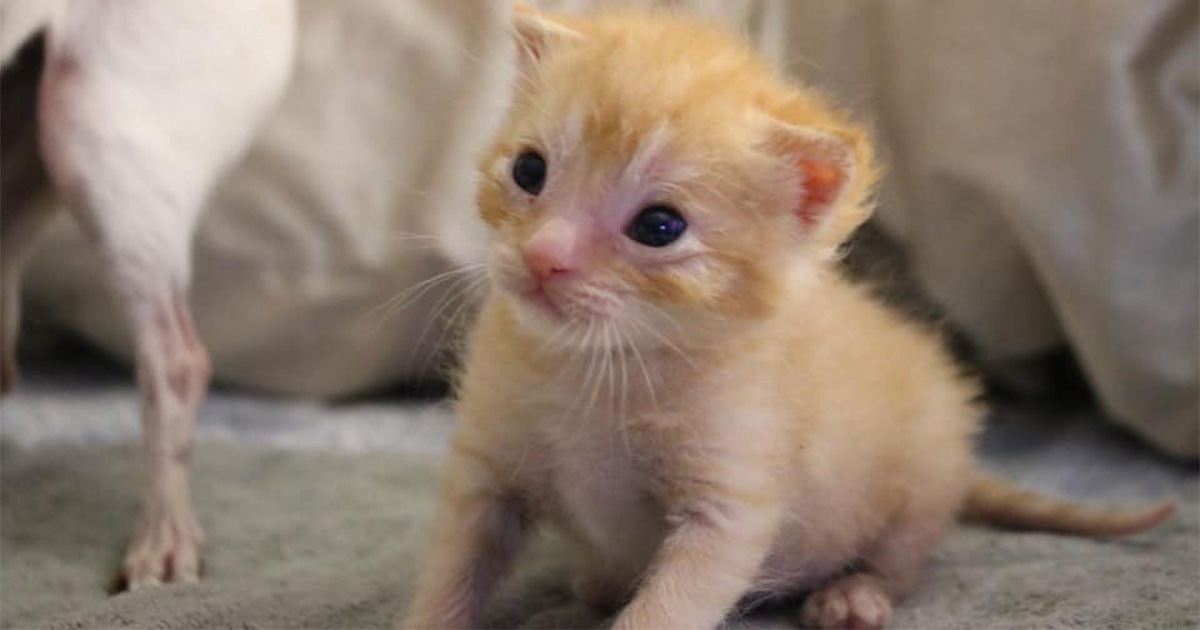Whether it’s Sober October, Dry July or you just want to explore and change your relationship with alcohol, the “sober curious” movement is for those who want to be more aware of their drinking patterns and give up or cut back on alcohol for periods of time in order to enjoy positive experiences sober and reap the many benefits.
IMPROVE YOUR HEALTH.
The number one reason people cite for following a sober curious lifestyle is to be and feel healthier, which can mean more refreshing sleep, improved liver health, decreased risk of cancer or cardiovascular disease, or reduced anxiety … just to name a few.
While some past studies have shown a relationship between decreased mortality and moderate alcohol consumption, in most cases, alcohol does not have any health benefits. The most compelling studies recommend consuming only 10 grams of alcohol daily, which is about 2/3 of a standard drink.
SAVE MONEY.
Eliminating alcohol consumption is a great way to make your paycheck go further. Cutting out light to moderate drinking could save hundreds or even thousands of dollars each year. You can also reduce related costs, such as catching a rideshare after drinking, paying for rounds and making impulse purchases.
INCREASE PERFORMANCE.
Eliminating alcohol can help you make better decisions and improve your mental clarity. Many younger adults say they are choosing to eliminate alcohol to improve their mental health and increase their productivity.
AVOID ALCOHOL USE DISORDER.
In a January 2023 NCSolutions consumer sentiment survey, 28% said they don’t drink because addiction runs in the family and 20% said it’s because they worry about becoming addicted. Research has shown that genetics are responsible for about half of the risk for alcohol use disorder.
CHALLENGE SOCIALLY EXPECTED DRINKING.
We’re living in a complicated time with a prominent drinking culture in which alcohol consumption is often socially expected, even though it’s associated with both physical and psychological addiction. Many are pushing back on this normalization of drinking and the stereotype that those who don’t drink are less social or have less fun.

HOW CAN NON-DRINKERS OVERCOME BARRIERS?
Whether it’s for a month or a lifetime, non-drinkers can face challenges and even stigma. The following practices can help you address some of the issues you may face and increase your ability to achieve your goals.
- Know your “why.” When changing your relationship with alcohol—or any habit—it’s helpful to understand your motivation and goals. Write them down in a journal. When someone is questioning or pressuring you to drink, be firm and respectfully tell them your “why.” Practice it at home, if you’re concerned about a particular person or situation. Some phrases that can be helpful are, “I feel better without alcohol,” or “Drinking just doesn’t work for me.”
- Seek social support. Open up about your curiosity with friends and family who you feel can be supportive and help you succeed. Cultivate a group of sober curious friends who you can have fun without alcohol and perhaps be accountability partners.
- Boost your self-care. Take extra care of yourself during this time. A good self-care routine is a great way to feel less stress, stay motivated and keep your head in a good space.
- Track the benefits. Are you sleeping better? Having fewer hangovers? Noticing your savings starting to build up? Write it down in your journal. If you’re having a craving or difficulty, read your journal entries. Being reminded of your success is a helpful motivator.
- Change up routines. Think about the places or situations where you usually would drink and come up with alternate habits to replace them with. For instance, instead of driving past the bar where you used to stop on the way home from work, take a different route or start a new after-work activity. If you usually drink alone, make plans with a friend outside your home. Find different ways to fill that time; try a new hobby, explore a new interest, make art, learn to play an instrument. Whatever you used to think you would do if you only had the time—do it.
- Get alcohol out of the house. It’s harder to slip up if you must take extra steps to have that drink.
- Explore non-alcohol alternatives. Increasingly, non-alcoholic drinks are on the shelves at grocery stores and coffee shops: Sparkling waters, fresh juices, boba teas, kombucha and other probiotic drinks, cold brews, as well as non-alcoholic wines, beers and spirits. Mocktails are gaining popularity, too. Do an internet search for recipes to try.
HOW DO YOU KNOW IF YOU SHOULD SEEK PROFESSIONAL HELP?
The sober curious lifestyle is not a good fit for those diagnosed with or are concerned they may have an alcohol use disorder (AUD). In either of these cases, it’s best to consult with your doctor or a reputable addiction treatment center if you would like to quit drinking. Going through an alcohol detox when you have AUD can have serious or even life-threatening complications, including seizures.
If you’re unsure if you have an alcohol problem, some of the warning signs include:
- You drink alcohol, despite experiencing negative consequences.
- You need more alcohol to experience the same effects as in the past.
- You have blackouts or flashbacks.
- You feel sick, dizzy or shaky after drinking.
- You cannot stop drinking when you want to.
- You’ve neglected your family or other responsibilities because of your use.
- Your loved ones have expressed concern about your drinking habits.
Pine Rest provides addiction treatment services at every care level to support the recovery journey. If you would like to explore services for you or a loved one, please call 866-852-4001 or visit pinerest.org/addiction.
Written by Jon LaFleur MSN, RN, CCS, Pine Rest Christian Mental Health Services.
Courtesy of Pine Rest Christian Mental Health Services.
Main Photo Credit to BoJanStory Courtesy of GettyImages. Interior Photo Credit to OKrasyuk Courtesy of GettyImages.




